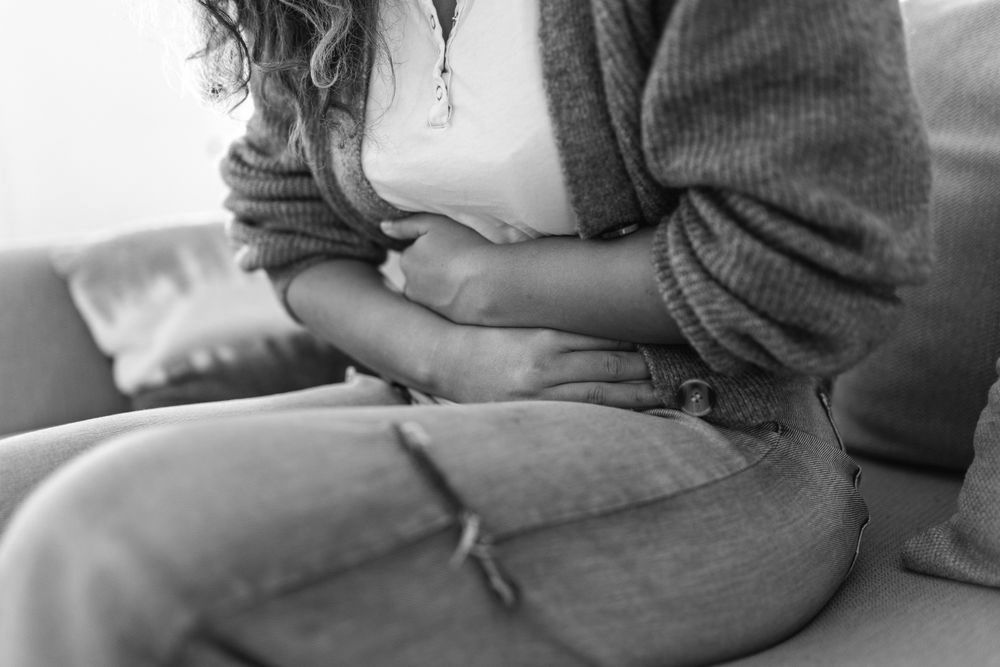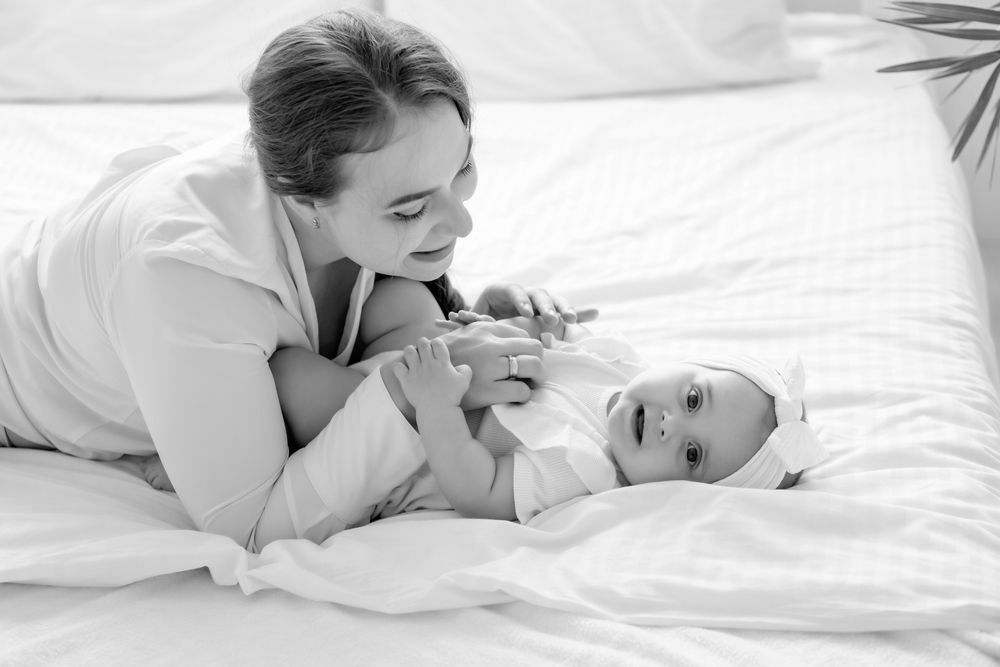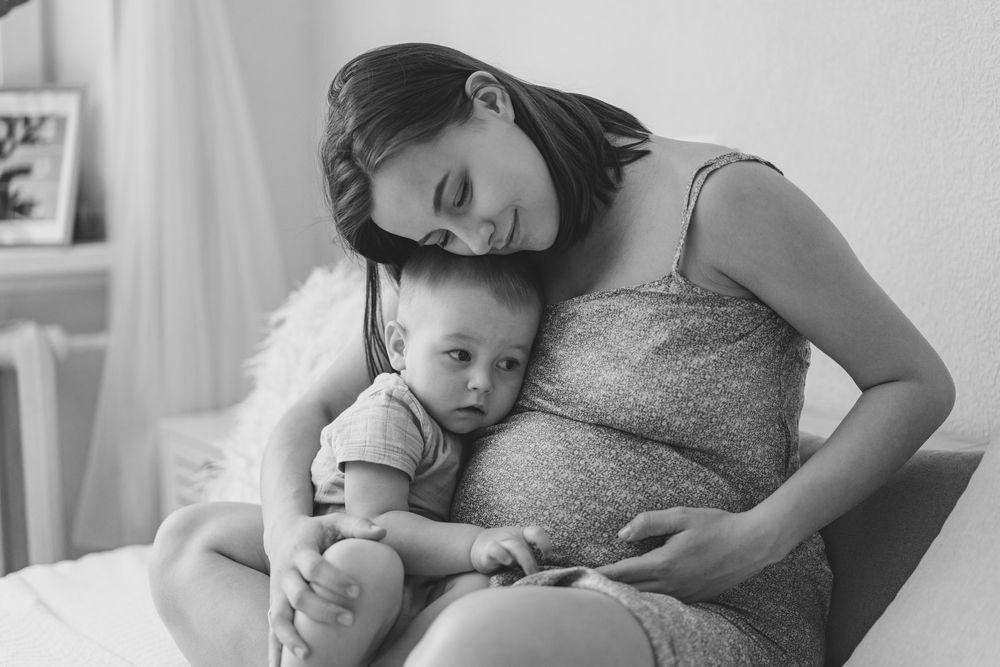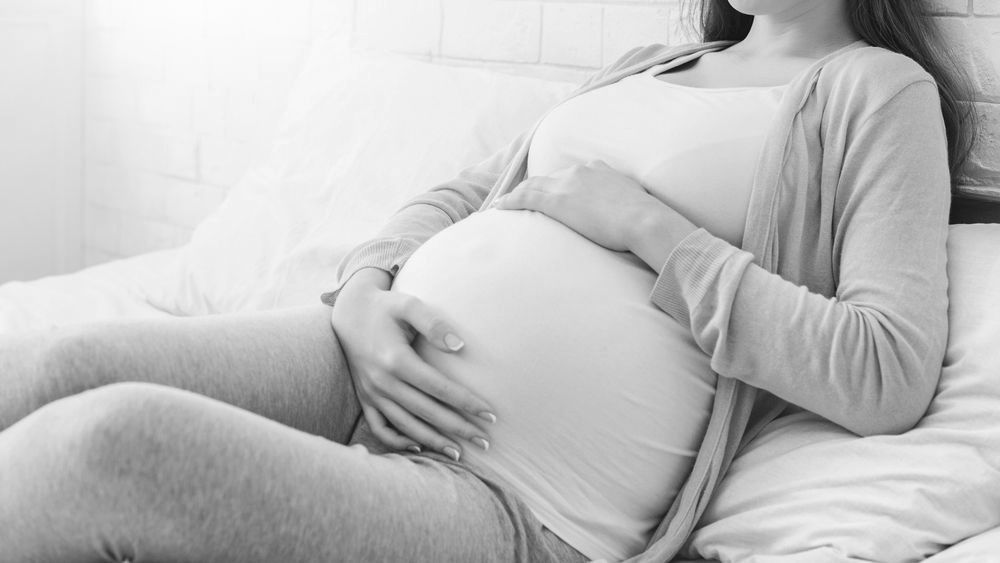How to Heal Emotionally From a Miscarriage
Share this Article:

Miscarriage is when a pregnancy ends unexpectedly before 20 weeks. If you have suffered a miscarriage, you understand the challenges of coping with the rollercoaster of emotions and physical recovery. Miscarriage is emotionally and physically painful. The most important part of navigating life after miscarriage is giving yourself permission to care for yourself so you can heal.
In the aftermath of a miscarriage, you may encounter emotions you have never felt before and are not sure how to handle. Be gentle with yourself. There can be a long healing process ahead of you, and it is your right to take all the time you need to go through every step and comprehend it all.
Well-meaning people may try to explain scientifically what went wrong or what you should do next, but we most want you to understand that what you are experiencing after a miscarriage is all normal.
Understanding the Realities of Miscarriage
During the healing process, it may be helpful to learn more about miscarriage and how it affects you and your body.
- You are not alone; miscarriage is common.
Miscarriage might be common, but that reality does not make it easy. You are not alone! Research reveals that up to 50% of all pregnancies end in miscarriage, and 10 to 20% of known pregnancies end in miscarriage.
- Miscarriage is NOT your fault.
After a miscarriage, women ask, “Why did this happen?” Women often assign blame to themselves for a pregnancy loss, but you are not to blame. Most miscarriages are caused by a genetic problem in the fetus, which is not your fault. Stress and your past did not cause it either.
Make sure your doctor is aware if you have repeated miscarriages. This could be a sign of a medical problem that your doctor can treat. Even if that were the case in your situation, you are still not to blame.
- Miscarriage affects you physically and emotionally.
Miscarriage impacts you as a whole, physically and emotionally. Physically, your hormone levels shift suddenly as pregnancy hormones return to pre-pregnancy levels. You may experience bleeding and cramping as your uterus returns to its pre-pregnancy size. Some women also have milk leakage and breast tenderness after a miscarriage.
The emotional effects of miscarriage are a response to hormonal shifts and grief combined. It can feel much like postpartum depression and include crying, anger, and hopelessness. Keep safe, caring and supportive people close who can resist offering trite platitudes that don’t acknowledge your legitimate feelings.
Grief After Miscarriage
It doesn’t matter how early a miscarriage occurs; it is a loss. In addition to losing a child, you may feel like you have lost hopes and dreams about how you thought your future would look. Grief is a natural response to loss.
There is no “right” way to grieve or a “right” length of time to grieve, so allow yourself to experience whatever emotions you feel.
You may feel any combination of the seven recognized stages of grief, which can occur in any order. So do not be surprised if you feel that you have worked through one grief phase just to have it unexpectedly pop up again later.
Seven stages of grief after miscarriage include:
- Shock and denial: It is hard to believe the miscarriage happened.
- Pain and guilt: You may blame yourself and feel shame even though miscarriage is not your fault.
- Anger and bargaining: You may feel angry and try to find someone to blame for the miscarriage. Bargaining can include hoping the healthcare provider was wrong about the miscarriage.
- Depression: You may be isolated and lonely as you process the loss you have experienced.
- The upward turn: Your pain, anger, and depression begin to lift. You begin to feel calmer.
- Reconstruction and working through: You can process the miscarriage and begin to look forward.
- Acceptance and hope: You have accepted the reality of the miscarriage and begin to feel hope for the future.
Take Time To Heal After Miscarriage
Loss of pregnancy takes a significant toll on your physical and mental wellbeing. It would be best if you took all the time you need to recover. Give yourself the freedom to work through the natural stages of grief and give your body the appropriate time it needs to heal.
Remember, healing from a miscarriage is a process that does not happen quickly and it can be different for each person.
Receive Support From Loved Ones After Miscarriage
It is easy to isolate yourself when you encounter the trauma and grief of a miscarriage, but right now is when you need to rely on the people who love you the most. Separating yourself from friends and family during this time can inhibit your ability to heal and readjust.
The people in your life love you and want to be there for you. They just may not know how to do that well, or what to say. Every woman who has endured a miscarriage can relate to hearing insensitive remarks about what happened. Speak up, and keep your most encouraging family member and trusted friends close by to lean on for support.
Receive Support From Experts After Miscarriage
Sometimes it may be painful or uncomfortable talking to friends and family about a miscarriage, or perhaps you don’t have anyone close enough to confide in. However, you still do not have to carry this burden alone.
Seek guidance from a professional who has extensive experience, so you are not going through this process without a guiding hand. You can also reach out to support groups for women dealing with pregnancy loss, so you can walk through the grief process with someone who is coping with a similar experience.
Your body and your mind go through so much after a miscarriage. It can be overwhelming, but you don’t have to recover all on your own. If you have any pregnancy-related questions or need a referral for counseling services in our area, please reach out to Willow Womens Center at (608) 312-2025. You can also schedule an appointment online. We are here to offer the compassionate support you need to thrive again.
Connect with Us:












